ANALYSIS | Civil War or Masterclass? What UAE must learn from Sky and Visma to avoid an Ayuso–Del Toro disaster
CyclingMonday, 26 May 2025 at 17:00

As the final week of the 2025 Giro d’Italia begins, UAE Team
Emirates find themselves in the strongest position of any team in the race, and
yet arguably the most precarious. After 15 stages, they hold the maglia rosa
with Isaac Del Toro, while also sitting in third place with their designated
leader Juan Ayuso. Their combined strength has overwhelmed the peloton at
times, yet their indecision threatens to undo everything.
On paper, this should be a dream scenario. Del Toro, just 21
years old and riding his second Grand Tour, has emerged as the breakout star of
the race, leading by 1:20 over Simon Yates. Ayuso, meanwhile, is 1:26 back in
third, still within touching distance of the pink jersey. Primoz Roglic, once
seen as the main threat, has imploded and sits nearly four minutes down. UAE
Team Emirates - XRG have all the cards. But they’re struggling to play them.
Read also
That was no more apparent than on Sunday’s Stage 15, a
mountainous showdown on Monte Grappa that should have sealed UAE’s dominance.
As Egan Bernal launched a blistering attack, Del Toro followed with Richard
Carapaz, Derek Gee, and Thymen Arensman. Ayuso, meanwhile, was distanced and in
trouble, yet the UAE team made the extraordinary decision to stop riding up
front and instead dragged Ayuso’s group back to Del Toro’s. In trying to serve
two leaders, they risked serving neither.
It’s the classic Grand Tour dilemma: when a team has more
than one potential winner, who do they back? In cycling history, this dilemma
has played out in both glorious and disastrous fashion. UAE would do well to
study two modern precedents, the internal drama at Jumbo-Visma during the 2023
Vuelta a España, and Team Sky’s handling of a similar leadership rivalry at the
2012 Tour de France.
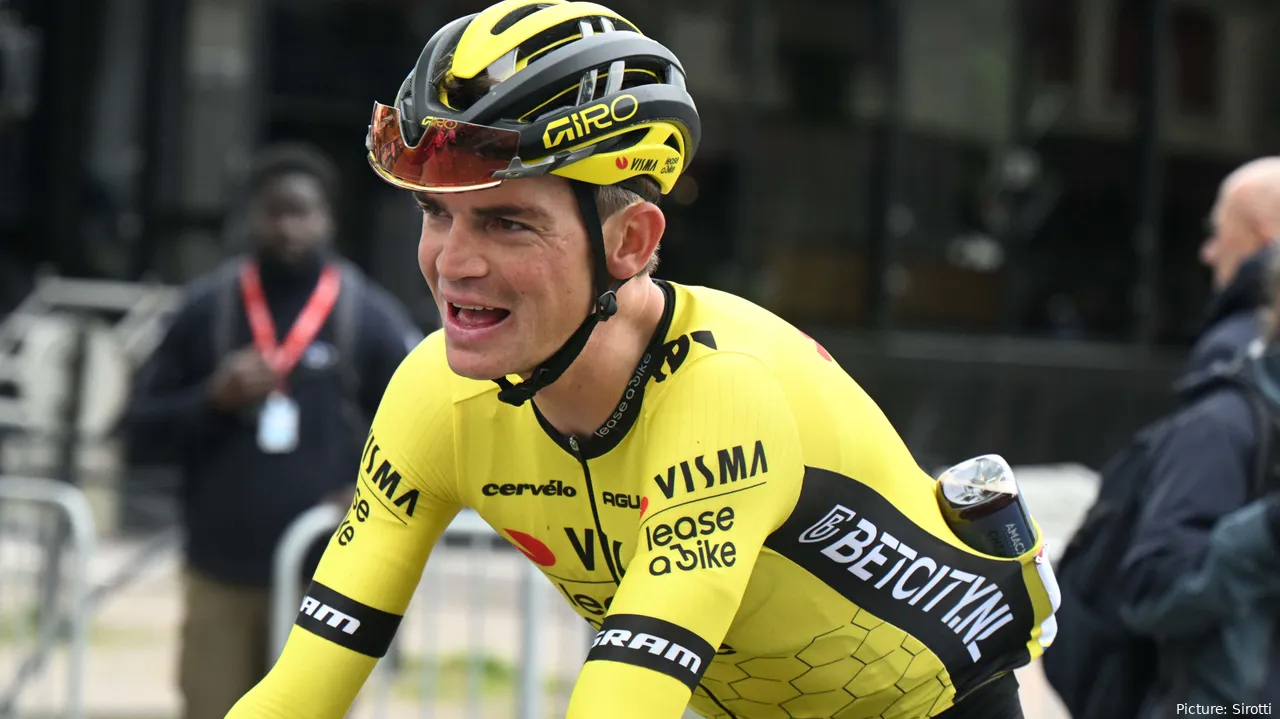
Sepp Kuss survived an onslaught from Roglic and Vingegaard to win La Vuelta 2023
In 2023, Jumbo-Visma arrived at the Vuelta with a wealth of
riches. Primoz Roglic, fresh off a Giro d’Italia win, and Jonas Vingegaard, the
Tour de France champion, were both on the start line. But it was their faithful
mountain domestique Sepp Kuss who unexpectedly found himself in the leader’s
jersey midway through the race. What followed was a slow-burning tension that
came to a head on Stage 17, where Vingegaard and Roglic appeared to attack
their own teammate on a misty mountain.
The backlash was immediate. Why were two of the most
dominant riders in the sport racing against their own man in red? The outlook was
brutal: Kuss, the loyal helper, dropped and exposed, fighting to keep his
dwindling lead while his teammates surged ahead. The public and pundit reaction
forced the team into a reset. In the final stages, Vingegaard and Roglic, the
two kings, fell in line, riding in service of Kuss and ensuring a historic
result, three different riders, three Grand Tours, one team.
Read also
Yet, it did lead a sour taste in some people’s mouths. Was
this sport, or just a game for Visma? Would most fans not liked to have seen a
showdown between the three?
It was a masterclass in damage limitation, but only just.
Had Kuss cracked entirely on Stage 17, the story would have been of a mutinous
collapse. What saved Visma was their eventual unity. What nearly doomed them
was indecision, ego, and a lack of clarity.
UAE Team Emirates - XRG now stand on that same precipice.
Del Toro is in the position Kuss was in, loyal, talented, and unproven at this
level, yet currently in command. Ayuso, although not as established as
Vingegaard or Froome, is the more established GC talent with leadership status
and a strong record. Unlike Kuss, though, Del Toro didn’t start the Giro as a
domestique. He’s been free to ride his own race, and has proven himself time
and again, and has not put a foot wrong yet.
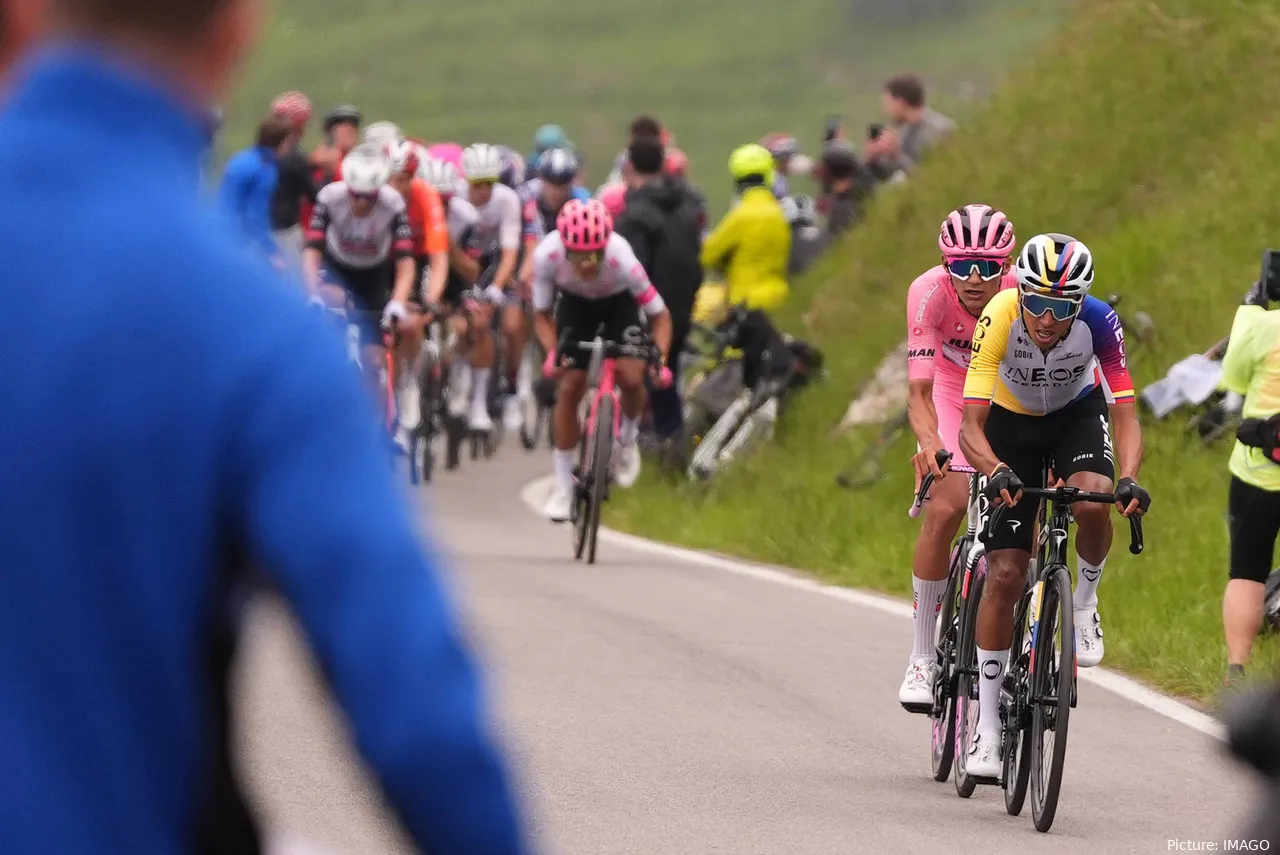
Can Bernal capitalise on UAE's hesitation?
Yet there’s hesitation, and UAE's approach on Stage 15
revealed a lack of conviction. When Del Toro joined Bernal and Carapaz in what
could have been a race-defining move, the team held back, fearful of
sacrificing Ayuso’s chances, they sacrificed a clear opportunity to break their
rivals.
This is where the comparison with Team Sky in 2012 becomes
instructive. That year, Bradley Wiggins was the team's designated leader,
targeting the Tour de France. But Chris Froome, riding in support, showed
flashes of superior form, notably on the steep mountain stages. On Stage 11 to
La Toussuire, Froome dropped the entire GC group, including Wiggins, and had to
be called back by the team. The incident sparked weeks of speculation, was
Froome the stronger rider? Would Sky split their loyalties?
Read also
But Sky didn’t waver. They enforced a strict hierarchy,
maintaining their plan to deliver Wiggins to Paris in yellow. Froome complied,
and while some argue he could have won that Tour, the team left with its
objective secured: a British winner, Sky’s first Tour title, and a clean
display of discipline.
UAE lack that clarity. Unlike Sky, they haven’t publicly
committed to a single leader just yet. Unlike Visma, they haven’t navigated
this situation before. And unlike either team, they’re managing a generational
transition in real time, Ayuso was supposed to be Pogacar’s heir-apparent. Now,
Del Toro, even younger, is disrupting the succession plan.
Read also
To make matters more complex, Ayuso is not at full fitness.
He crashed on Stage 1, and again on the brutal white gravel of Stage 9,
requiring stitches to his knee. He’s looked increasingly strained on the
climbs, even as he hangs on near the front. On Monte Grappa, it was Del Toro, not
Ayuso, who was able to respond most decisively to the late attacks.
Unlike Visma at the Vuelta in 2023, who swept the podium,
UAE do not have luxurious gap to all their other competitors, which leaves themin
a dangerous bind. If they continue to split their focus, they risk burning both
riders. Should Ayuso fade, and Del Toro be held back, the likes of Yates or
Carapaz or maybe Bernal could exploit
the indecision. The final week of the Giro is unforgiving, with back-to-back
summit finishes and limited opportunities to recover. A moment’s hesitation, or
a missed attack, and the pink jersey could be lost altogether.
Read also
This is where leadership matters, not just on the road, but
from the team car. Joxean Matxin or one of his staff members need to make a
call: back the strongest rider, or gamble everything on harmony. So far, the
signs suggest they’re trying to hedge. But the Giro is not a race that rewards
compromise.
Visma almost paid the price in Spain. Sky walked a tightrope
in France. UAE are now dancing on the same wire in Italy. The consequences of a
wrong step are enormous, not just for the outcome of this Giro, but for the
future of both Ayuso and Del Toro. Alienate one, and you risk losing them. Back
neither, and you might lose the race entirely.
Read also
If Del Toro was a proven quantity then the decision would have
been made already. But for now, it appears the team has some concerns that he
will fade in the brutal week three, but that does not guarantee that Ayuso won’t
as well.
Of course, it’s possible that both riders maintain form and
UAE sweep to an emphatic one-two. But that possibility grows slimmer with each
stage. The margins are tightening. The attacks are coming. And UAE must decide:
who are they really riding for?
If the answer isn’t clear by the end of this week, it might
not matter. The race, and the pink jersey, could be gone.
claps 6visitors 5
Just in
Popular news
Latest comments
- Honestly Del Toro didn't act like had the jersey at all. Was so many times on stages prior he got Gee or someone else to chase when it was 100% his teams responsibility.HoopoeChai04-06-2025
- Would others want him though? Hes not really getting the results needed plus we have all seen Pidcock performance since left INIOS and its basically the same situation.HoopoeChai04-06-2025
- Vingegaard normally only has one goal: TDF I doubt if he'll win Dauphiné.Ride197404-06-2025
- I think Del Toro was tired, and he was probably going to lose the Giro anyway on that long climb. But he had the privilege of choosing which one was going to win: Yates or Carapaz. If he followed Yates, Carapaz would get his free ride up, then attack at the end. If he followed Carapaz, Yates was going to run off like he did.Ride197404-06-2025
- We don't know the whole story in it but don't create some issues Thomas Dekker. I know you're also has a Rabobank-Michael Rasmussen biological passport issue as well in your 2007 days.
 James2631804-06-2025
James2631804-06-2025 - The last post is spot on.....the UAE team had the resposibility of straightening their boy, seeing as he was letting a giro he had in the bag go up the road. Remember Yates was virtual leader by only about 17 seconds at the top of Finestre so that giro was still salvageable even if Yates linked with Wout, they still had Sestriere to cut into Yates's lead if they had not brought him back at that point. So yes...UAE DS blew it.Zone0Rider04-06-2025
- The Ayuso pile-on get's a bit ridiculous at times. Ayuso didn't lose the Giro for UAE. It was crappy strategy by UAE. And maybe Yates just being stronger. UAE had by far the strongest team even after losing Ayuso and Vine, but didn't use them effectively. For example why wasn't McNulty sent ahead as a satellite rider on Stage 20. If Van Aert made it over the hill so could have Mcnulty. Problem is McNulty was too high on the GC so he wouldn't have been let go. So why the heck was McNulty chasing a meaningless top 10 on GC instead of shedding some time so he could be rested and useful for his leader? Why was Adam Yates invisible for much of the race? Why did it sometimes feel like Majka was the only one all in on supporting Del Toro?mobk04-06-2025
- Unfortunately the US audience get the Dumb and Dumber combo of Bob Roll and C Van de Velde as commenators via Peacock!frieders304-06-2025
- Of all the riders only he got bitten. Of course it was the Pogi-Beeabstractengineer04-06-2025
- Given that Carapaz's behavior was in retaliation for del Toro's on the climb, I'd say that he did lose the race entirely on the climb - but the consequences took some time to be clear.RidesHills03-06-2025
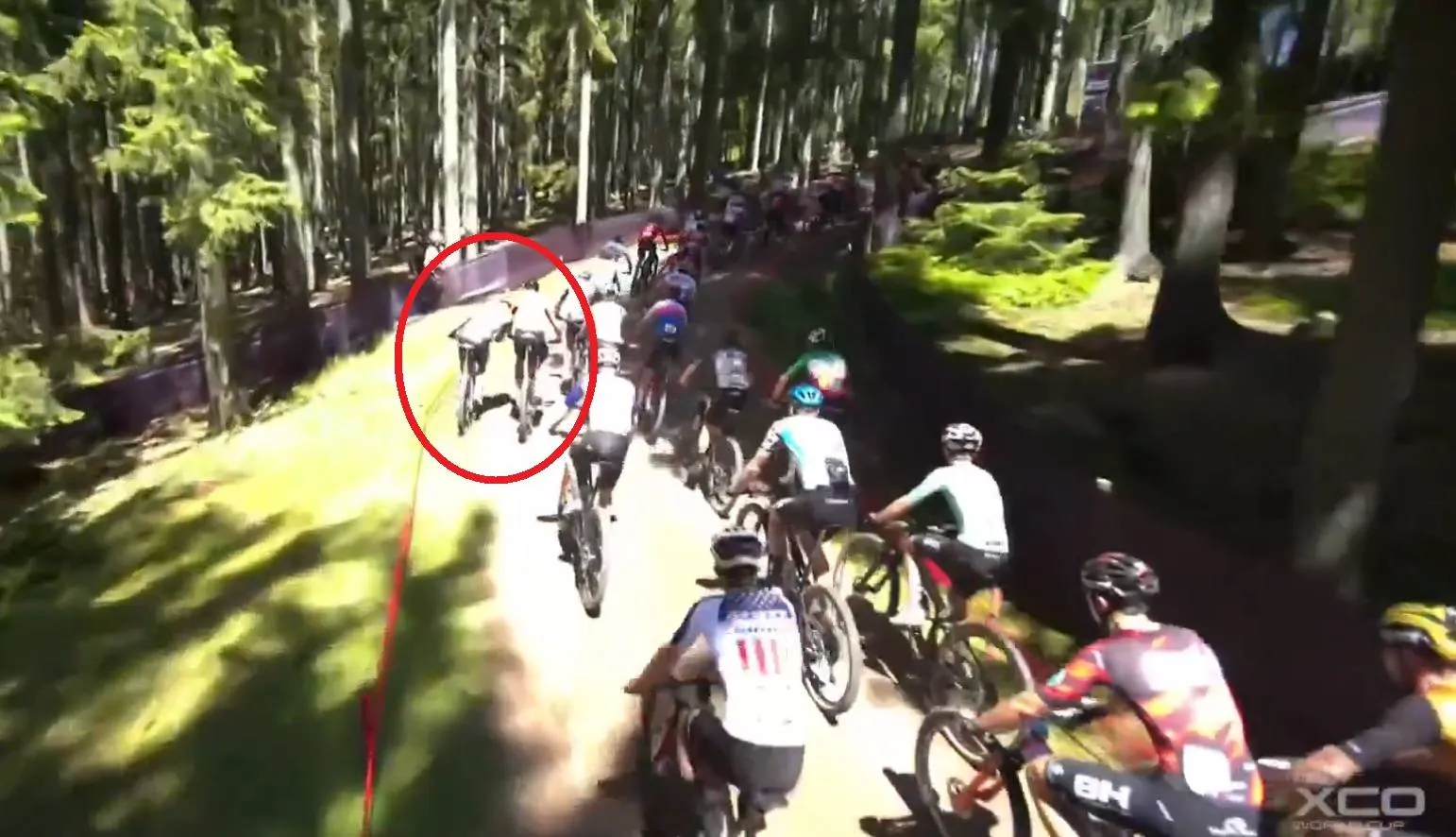
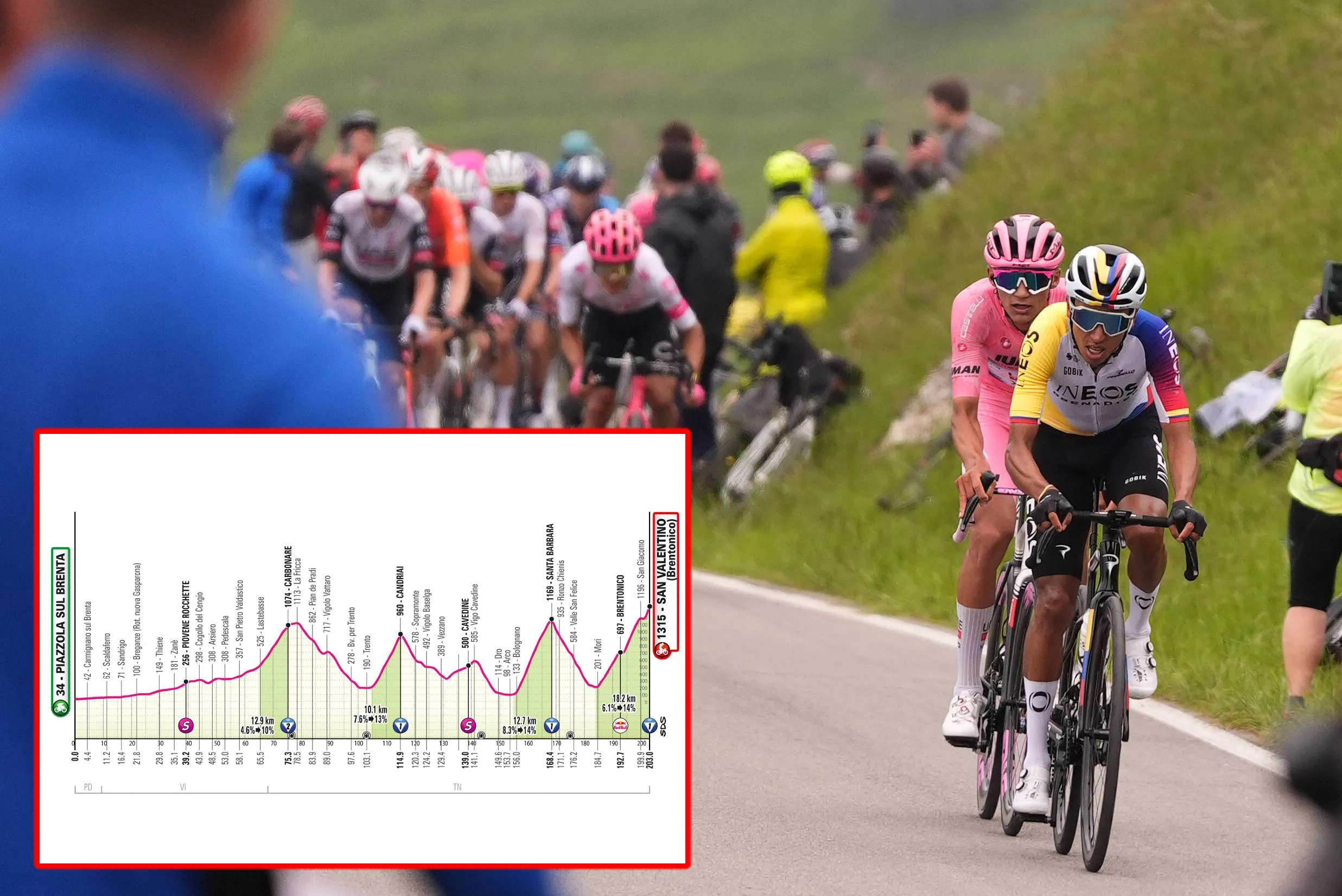
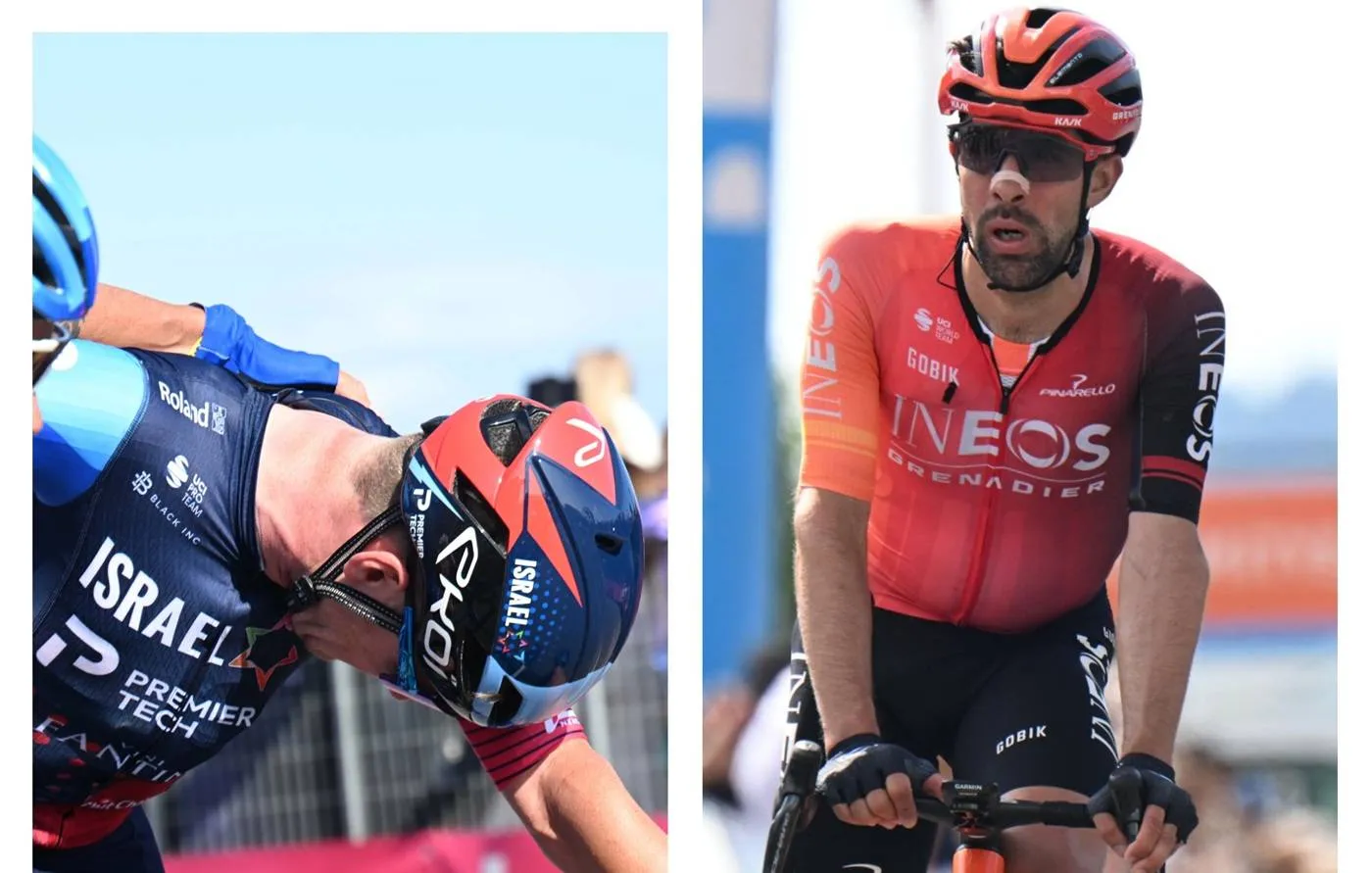
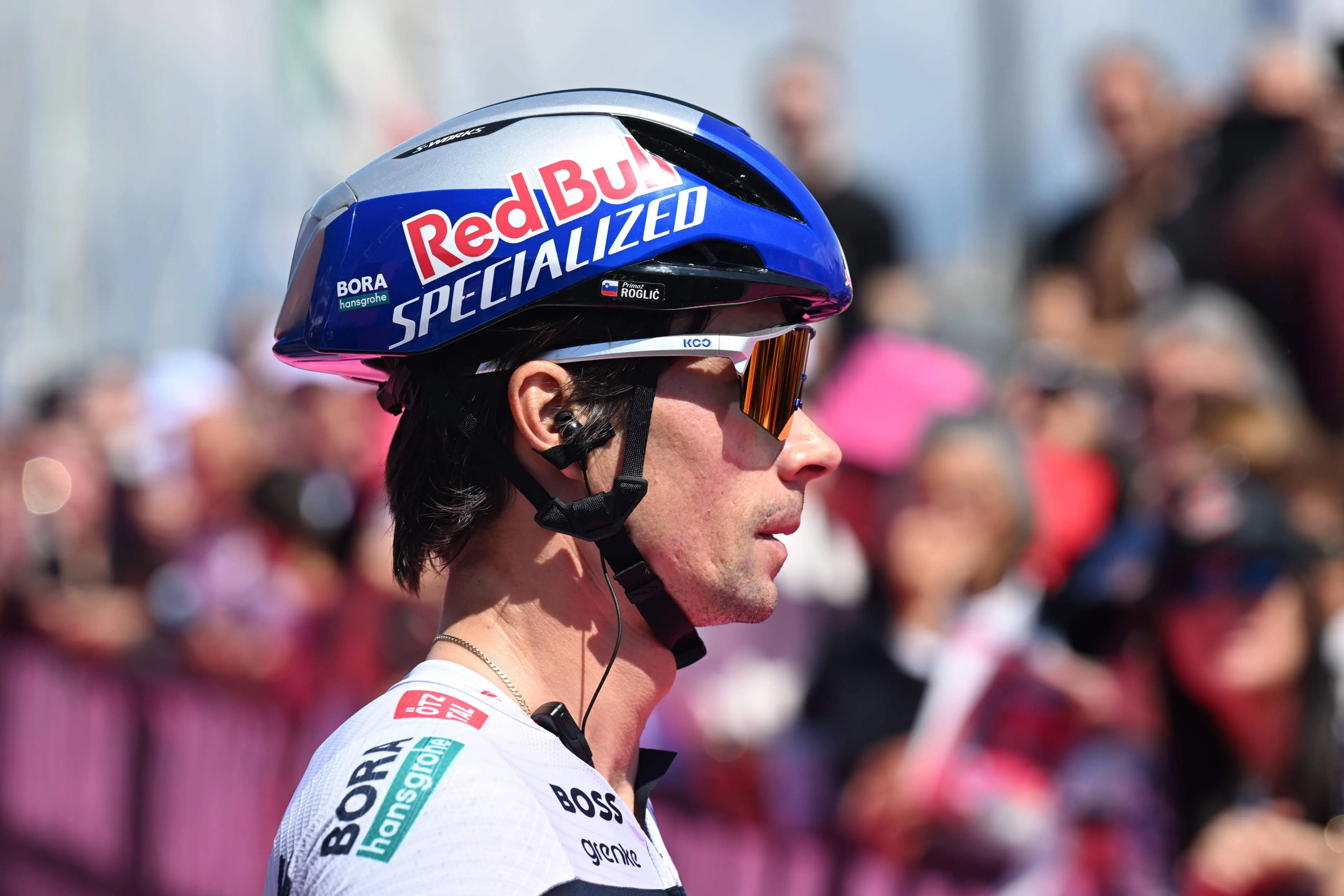
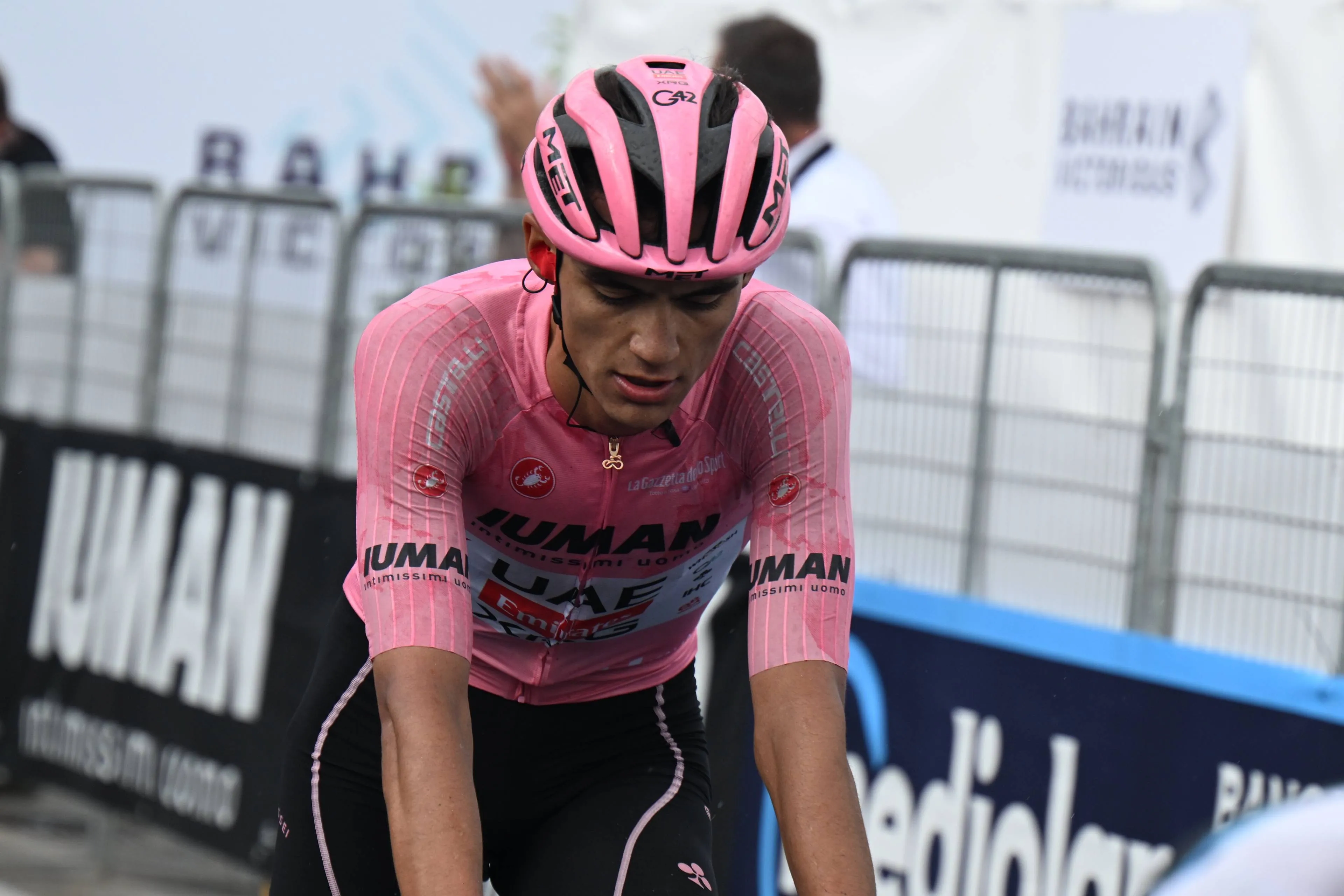
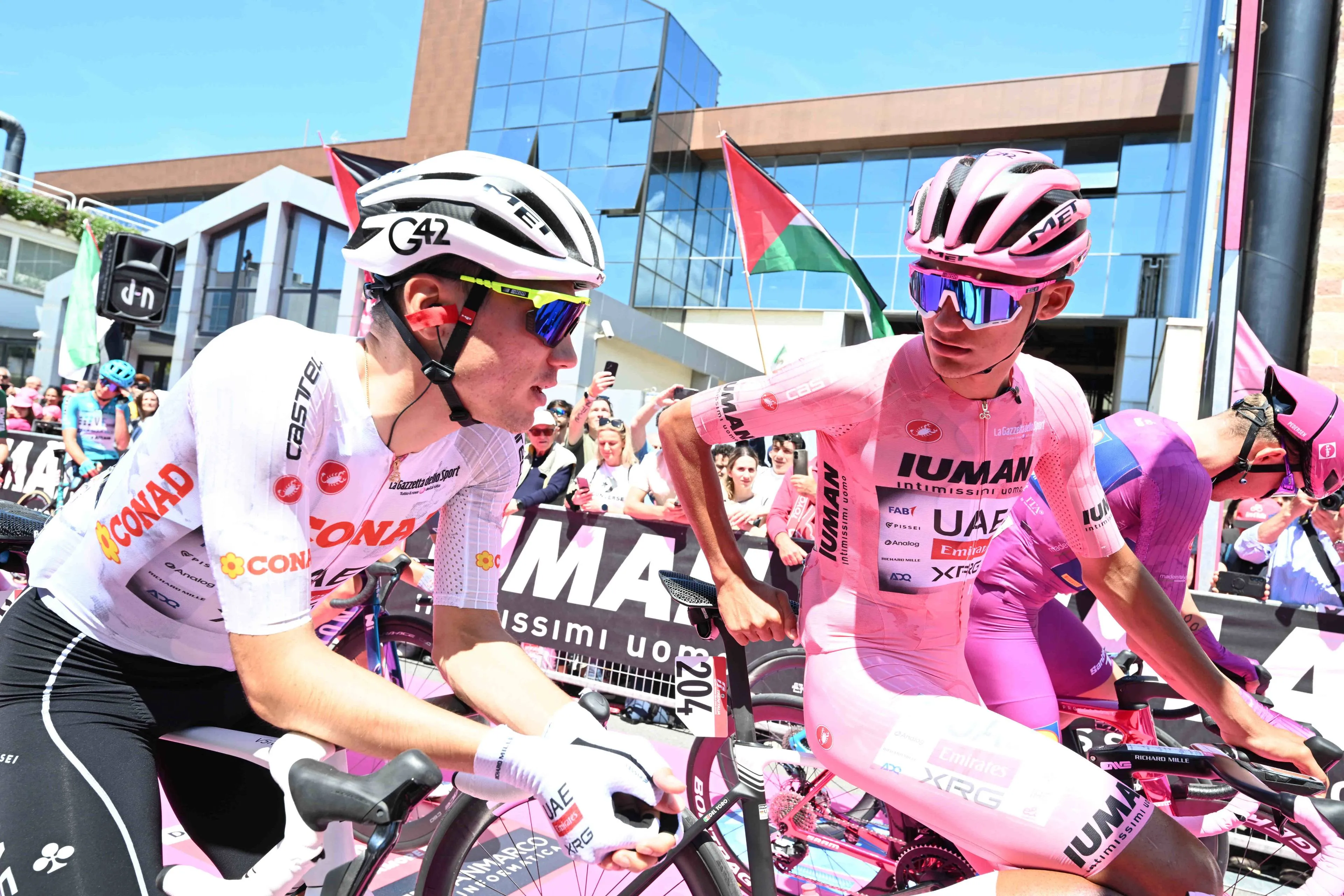
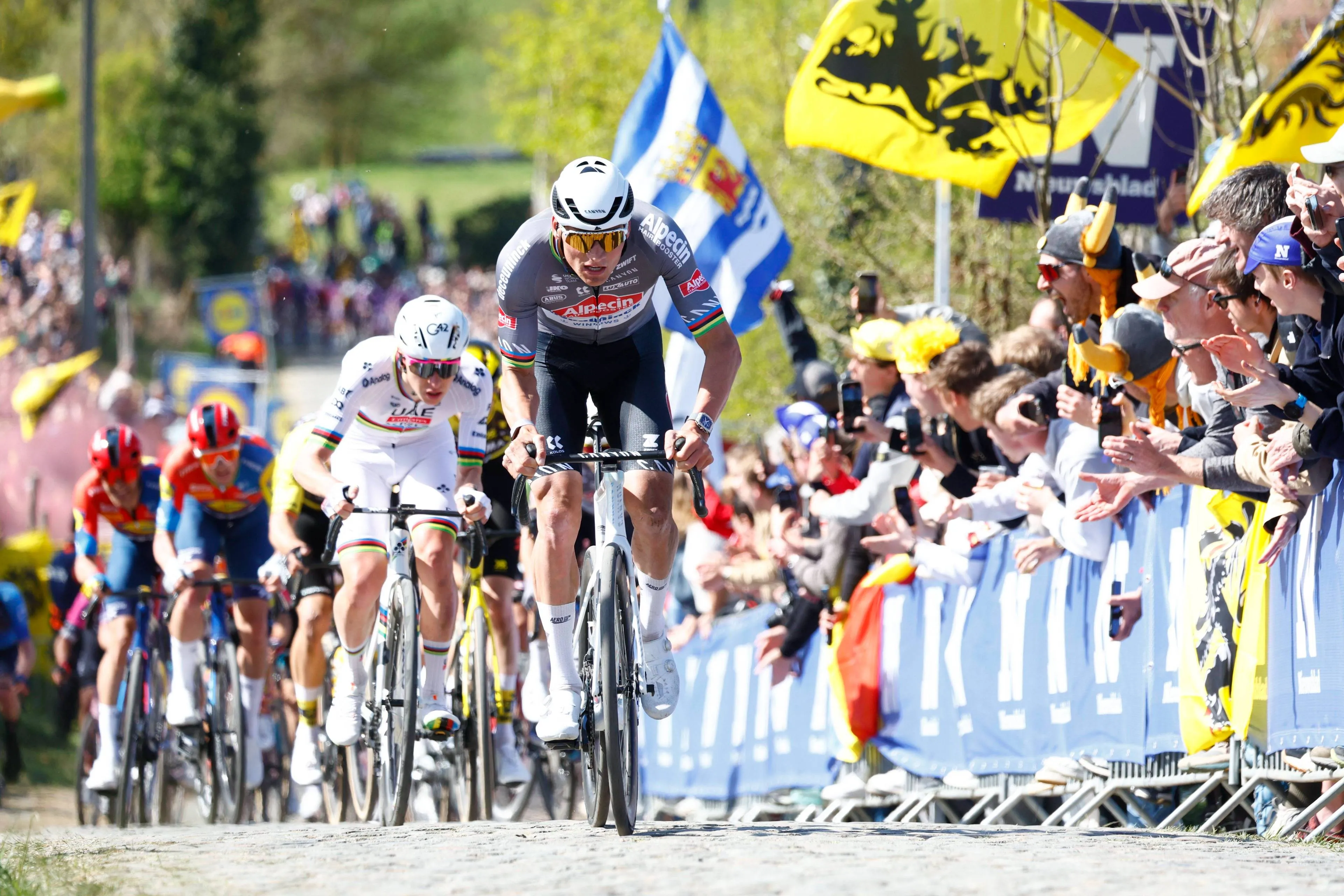
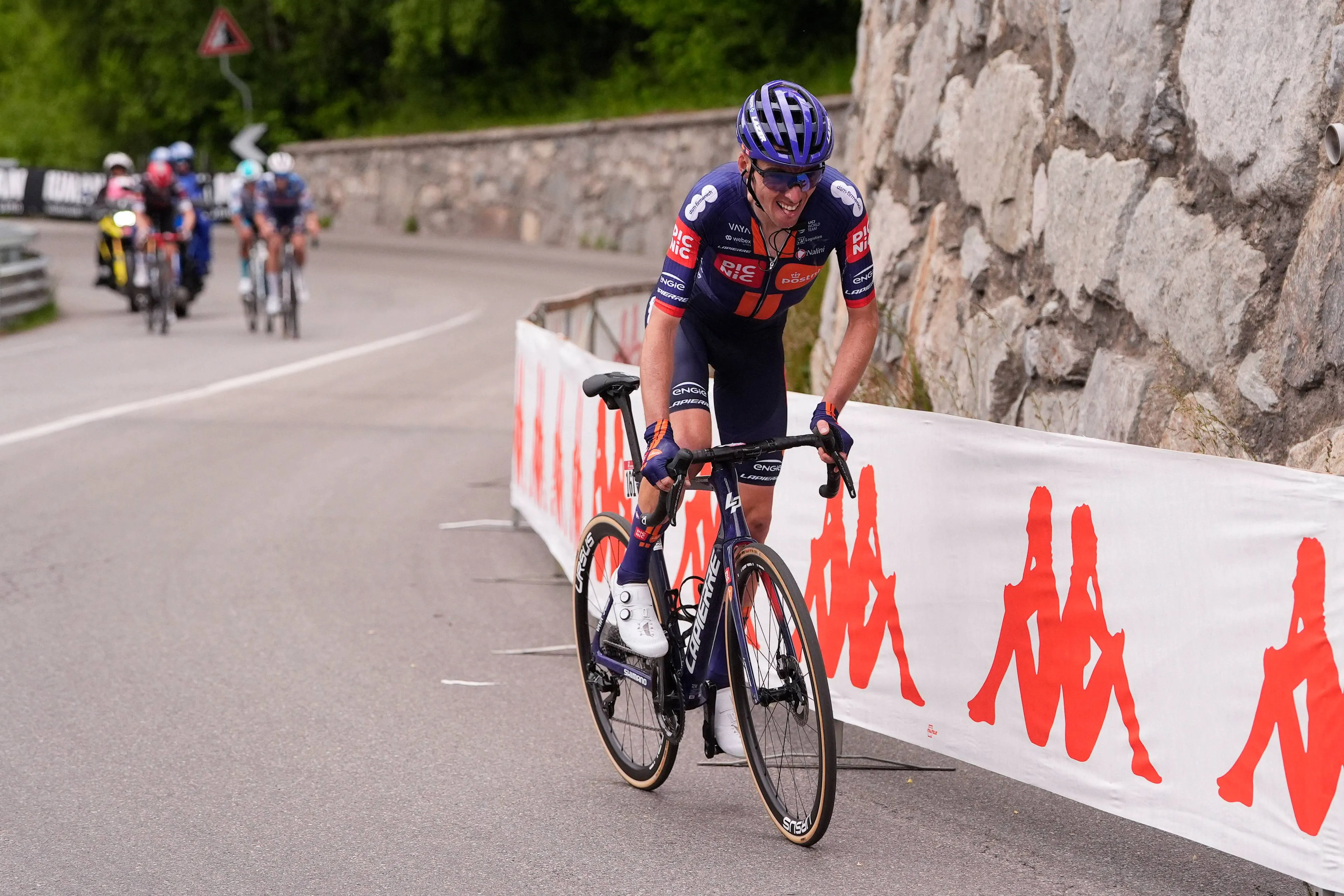




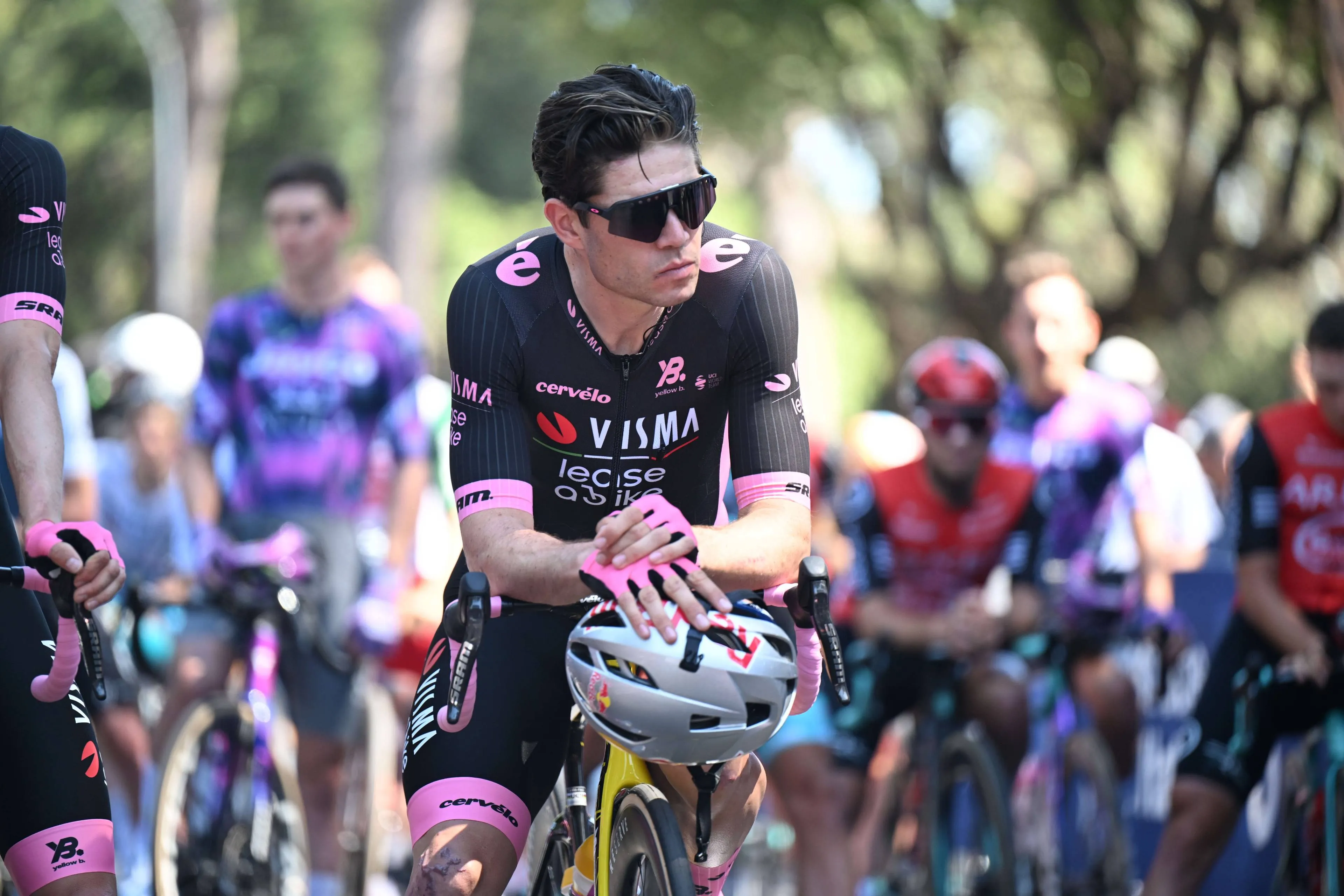
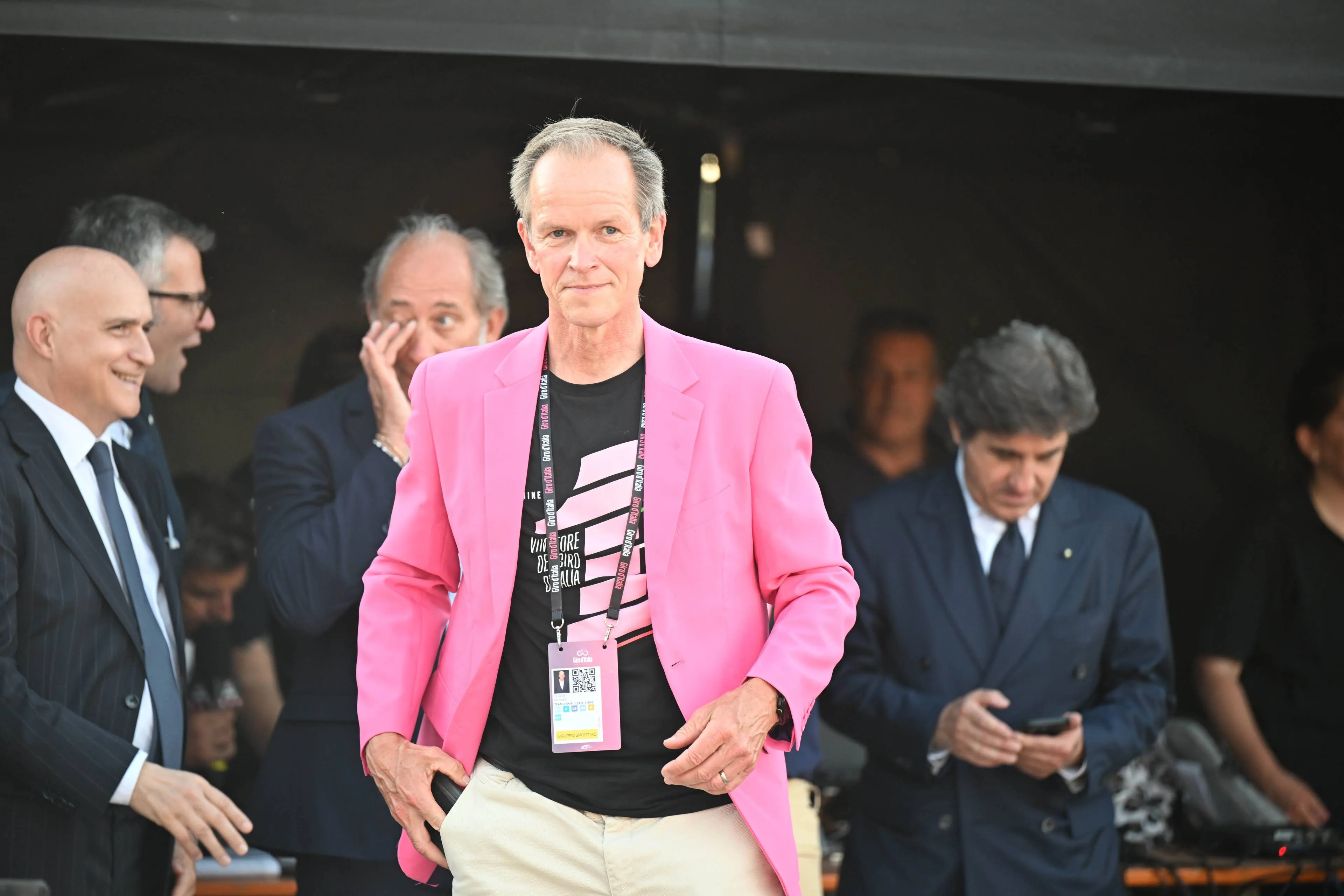
I think Ayuso is suffering from those crashes and the team just want to have him to recover in time before the mountain stage. They are playing safe.
Whether there's any internal conflict, we won't know. At least, they don't show any enmity in public.
Let's see if we can see a hierarchy after the next mountain stage.